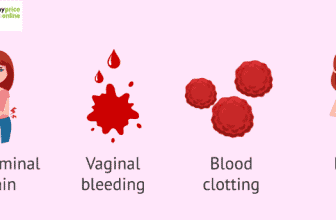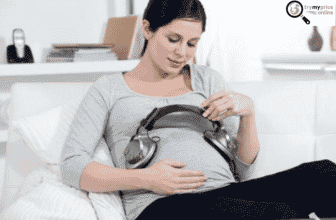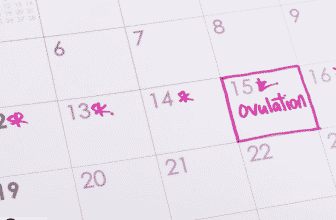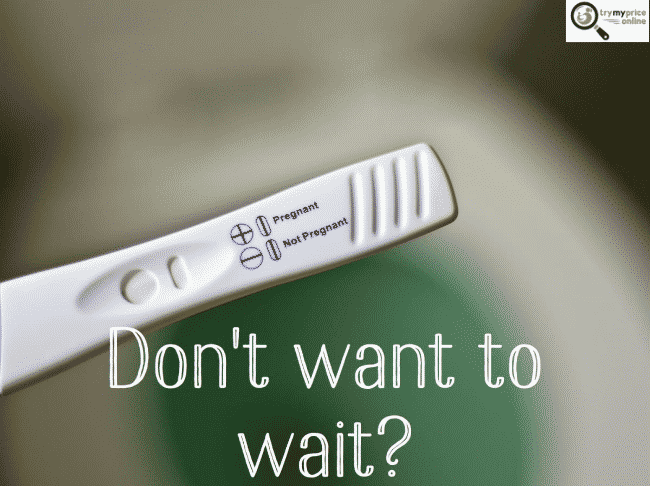
Early pregnancy discharge, The traditional indicators of pregnancy are well-known. Your menstruation has been missed. Your breasts are swollen and painful. And you’re constantly exhausted. Beyond these initial signals, however, pregnant women endure a wide range of symptoms. Expect the unexpected, from mucous discharge to metal taste to migraines. And here is all details about early pregnancy discharge.
Related: Pregnancy test calculator week by week
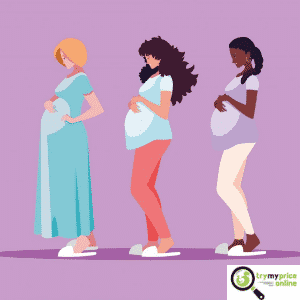
3 faint positive pregnancy test
Early pregnancy discharge
What do you know about Early pregnancy discharge?
Vaginal discharge is common among women, but it’s not always linked to pregnancy.
However, most pregnant women exude sticky, white, or yellow mucus beginning in the first trimester and continuing throughout the pregnancy.
The discharge is caused by increased hormones and uterine blood flow.
As your cervical and vaginal walls weaken during pregnancy, it increases to avoid infections.
Consult your physician if the discharge begins to:
Burn irritation turns greenish-yellow and becomes viscous or watery
These symptoms could indicate an infection.
You can download a guide about early pregnancy discharge from amazon
Related: Protein creatinine ratio pregnancy calculator and its usage
Your body will increase the temperature.
Your body temp is slightly raised when you wake up in the morning following ovulation.
It stays that way until your next period arrives.
However, if your basal body temperature remains elevated for further than two weeks, you could be pregnant.
The room will appear to be whirling.
In the first trimester, it’s usual for pregnant women to feel woozy or dizzy.
Blood pressure drops as blood vessels dilate during pregnancy.
However, pay attention to your signs.
An ectopic pregnancy can be identified by extreme dizziness, vaginal bleeding, and severe abdominal pain.
The fertilized egg implants outside the uterus in an ectopic pregnancy.
To avoid life-threatening consequences, consult a doctor as soon as possible.
Related: B6 And Unisom during Pregnancy: Is It Safe?
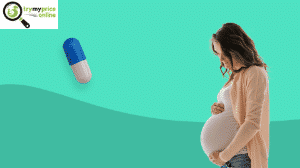
clear blue pregnancy test
You can get a fake period
Early in their pregnancy, from 25% to 40% of pregnant women will have light bleeding or spotting.
When the fertilized egg connects to the uterine lining, little bleeding can occur.
Implantation hemorrhage is the term for this. It usually happens two weeks after fertilization.
Cervical discomfort, an ectopic pregnancy, or a suspected miscarriage can all cause bleeding.
If your light bleeding becomes heavier or is followed by severe cramps, back discomfort, or stabbing pains, seek medical attention right once.
Related: Cvs pregnancy test positive faint line and its meaning
It burns in your chest
Hormones affect every aspect of pregnancy. The valve connecting your stomach and esophagus is included in this.
During pregnancy, this region relaxes, allowing stomach acid to flow into your esophagus, creating heartburn.
Eat smaller, more regular meals to fight back. Remove the fried grub as well.
Avoid carbonated beverages, citrus, juices, and spicy foods.
Related: Pregnancy test with salt
Metal will be tasted
Many pregnant women experience changes in taste as their estrogen and progesterone levels rise.
Dysegusia is a disorder that causes some pregnant women to taste metal.
It’ll make you feel like you’re eating old pennies for lunch.
You can get rid of the metallic taste using saltines and sugarless gum.
Drinking cooler liquids or eating spicy meals can also help.
Related: Unisom for pregnancy nausea and how to use it
Early pregnancy discharge

To sum up, Some of the above ,early pregnancy discharge may make you believe you’re merely stressed and tired. However, when they are together, they can indicate pregnancy. Pay heed to what your body has to say. It might be time to schedule a pregnancy test with your doctor.
References:




